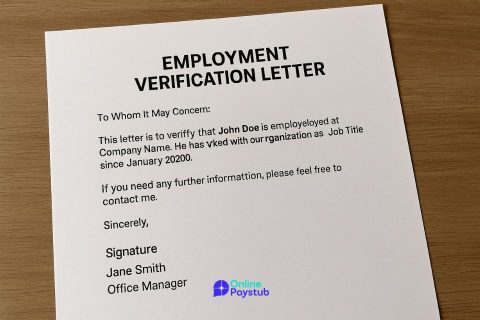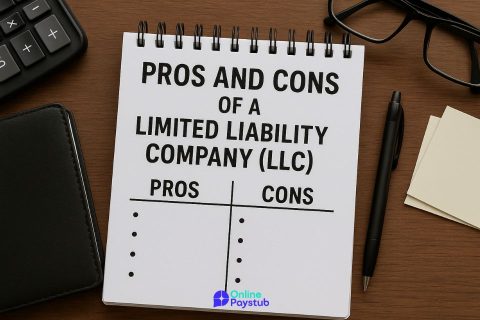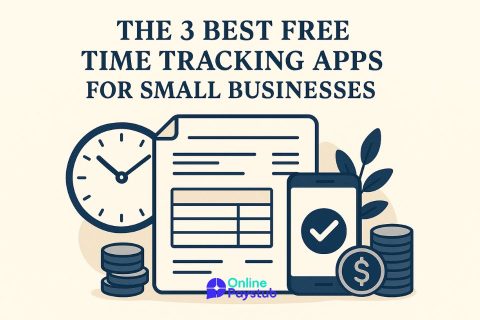Small business insurance is a collection of policies designed to protect your business from various risks. Whether it’s liability claims, property damage, employee injuries, or cyberattacks, the right insurance provides financial protection and legal support. It not only helps you comply with laws but also enhances your credibility with customers, clients, and partners.
Types of Small Business Insurance Coverage
General Liability Insurance
This covers third-party claims for bodily injury, property damage, and advertising injury. It’s one of the most common and essential types of coverage for any business.
Professional Liability (E&O) Insurance
This protects businesses that provide services or advice. If a client claims financial loss due to your error or negligence, E&O insurance covers legal fees and settlements.
Business Owner’s Policy (BOP)
A BOP bundles general liability insurance and commercial property insurance into one convenient package, often at a lower premium than buying each policy separately.
Commercial Property Insurance
This covers the building you own or lease, plus equipment, inventory, and furniture in case of theft, fire, or natural disasters.
Workers’ Compensation Insurance
Required in most states, this provides wage replacement and medical benefits to employees injured on the job. It also protects employers from related lawsuits.
Commercial Auto Insurance
If your business uses vehicles, this insurance is necessary to cover damages from accidents, theft, or vandalism.
Data Breach & Cyber Liability Insurance
For businesses that store sensitive information online, this policy covers costs associated with data breaches, such as notification, legal fees, and credit monitoring.
Business Interruption Insurance
If your business is forced to shut down temporarily due to a covered event (like fire or storm damage), this insurance helps cover lost income and ongoing expenses.
Product Liability Insurance
Essential for manufacturers and retailers, this protects against claims related to injury or damage caused by products you sell.
Employment Practices Liability Insurance
This protects against employee-related claims such as discrimination, wrongful termination, or harassment.
Home-Based Business Insurance
Standard homeowners insurance may not cover business-related activities. This coverage fills that gap if you run a business from home.
How to Choose the Right Insurance for Your Small Business
Factors That Affect Coverage Needs
Your industry, location, size, number of employees, and exposure to risks all influence which policies you need.
Industry-Specific Insurance Requirements
Certain fields, like construction or healthcare, may require specialized coverage due to regulatory or contractual demands.
State and Federal Insurance Mandates
Some insurance policies, like workers’ compensation or unemployment insurance, may be legally required depending on your state and employee count.
How to Assess Your Business Risks
Evaluate your physical assets, legal obligations, data vulnerabilities, and daily operations to identify areas that require protection.
How Much Does Small Business Insurance Cost?
Factors That Impact Pricing
Premiums depend on your business size, revenue, location, number of employees, and past claims history.
Average Costs by Policy Type
- General Liability: $40–$60/month
- BOP: $80–$150/month
- Workers’ Comp: Varies by industry and payroll
- Professional Liability: $50–$100/month
How to Save Money on Business Insurance
Bundle policies, maintain good safety practices, review your coverage annually, and compare quotes from multiple insurers.
How to Buy Small Business Insurance
Steps to Get the Right Policy
- Assess your risks
- Decide on required coverage
- Gather business details (revenue, location, staff)
- Request quotes
- Choose a reputable insurer or agent
Working with Agents, Brokers, or PEOs
Agents work for one insurer, brokers can access multiple companies, and PEOs offer insurance as part of HR solutions.
Tips for Comparing Quotes
Don’t focus only on price check for exclusions, deductibles, policy limits, and customer reviews.
Do You Need Insurance If You Run a Business from Home?
Yes. A home-based business still faces risks like client injuries, equipment theft, or data breaches. Homeowners insurance typically doesn’t cover these, so consider getting a home business rider or standalone business policy.
Understanding Business Insurance Coverage Limits and Deductibles
A coverage limit is the maximum amount your insurer will pay for a claim. A deductible is what you pay out-of-pocket before insurance kicks in. Higher deductibles usually mean lower premiums, but you must be able to afford them in a crisis.
Common Mistakes to Avoid with Small Business Insurance
- Underinsuring your assets or operations
- Not updating policies as your business grows
- Assuming general liability covers all risks
- Skipping cyber insurance in a digital world
- Choosing price over quality or reputation
FAQs About Small Business Insurance
Do I need business insurance if I’m a sole proprietor?
Yes. You can still be sued or suffer losses, even without employees or a physical location.
Can I deduct business insurance on my taxes?
Most business insurance premiums are tax-deductible.
How often should I review my policies?
At least once a year, or when you make major changes like hiring employees, adding locations, or launching new services.
What if I don’t have business insurance?
You risk losing everything in the event of a lawsuit, accident, or data breach. Insurance provides a safety net that protects your hard work.




No comments to show.